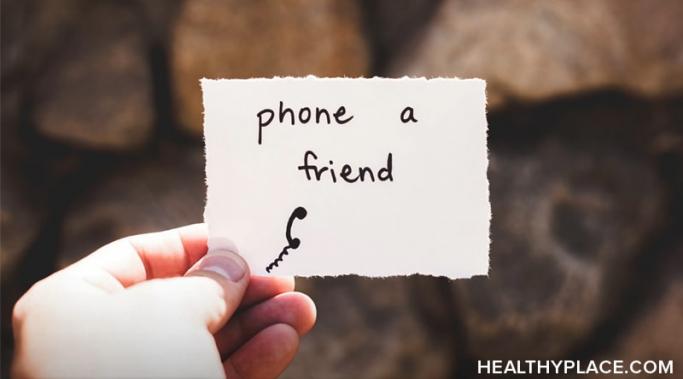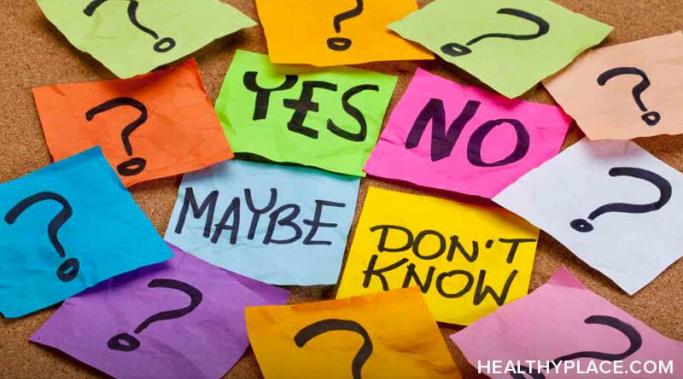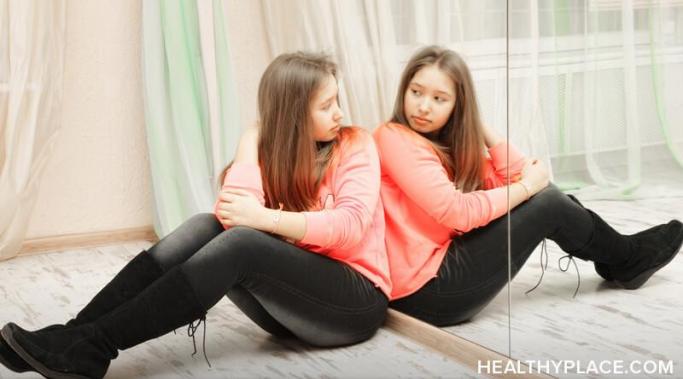Verbal abuse in friendships happens more than we think. After all, friends are not the first people that come to mind when you think of verbal abuse. If you are facing any signs of verbal abuse from a close friend, you are not alone.
Leaving Abuse
I can still remember my first experience with verbal abuse. At the time, I was only 13 years old.
New years are filled with new intentions, resolutions, changes, and goals, but 2020 is a little different. This year is a new decade, and it's time to sit down with yourself and set some new intentions with your fresh decade energy and address your verbal abuse experiences.
Abusive relationships cause us to lose our relationship with ourselves. But we often find plenty of reasons for staying in a verbally abusive relationship; life circumstances, emotional investment and the absence of physical abuse are some reasons I stayed. Here's how I learned when it was time to make the break in the relationship and how I chose to start a new, healthy relationship with myself.
Happiness after verbal abuse is possible, although every version of verbal abuse is different (including variations of personality, perception and how severe the verbal abuse was). While I strongly believe in the power to rebuild yourself after a verbally abusive relationship and most of my blog articles focus on this aspect, there's one important step that should not be overlooked, and that's the phase of letting yourself be hurt. Happiness after verbal abuse is possible if you endure this step of the process.
It's hard staying grounded while facing verbal abuse, especially if you've been on the abuse merry-go-round with family, friends, or significant others for some time. Having deep-seated connections with abusers can cause confusion when it comes to determining your feelings and deciphering boundaries because these loyalties make it difficult to decide if a behavior is okay.
Grey area verbal abuse makes it hard for you to tell who is an abuser and who is simply human, especially after coming from a place of prolonged abuse. How do you tell an abuser from someone unintentionally hurtful? This was a question I hadn't considered after I broke free from my narcissist.
Covert verbal abuse is a type of verbal abuse which can come in many forms and at many speeds. But at any rate, it can be detrimental to your self-esteem both during that relationship and as you live your life even after the abuse has stopped. Covert verbal abuse can have lasting effects that are just as impactful to your psyche as severe verbal abuse. It was really hard for me to identify this as the root behind a lot of my problems with confidence afterward.
What many people often fail to understand about leaving an abusive relationship is that it isn't the end of the pain. It’s only the beginning of a new kind of pain, as recovery begins and we start to fully recognize everything we've lost. We also begin to understand what we've gained. Gaining something, however, can be painful too at first because it means something has changed and that we can never go back to the way things once were.
Leaving your abuser is a process. I left my abuser dozens of times before it was finally over.









